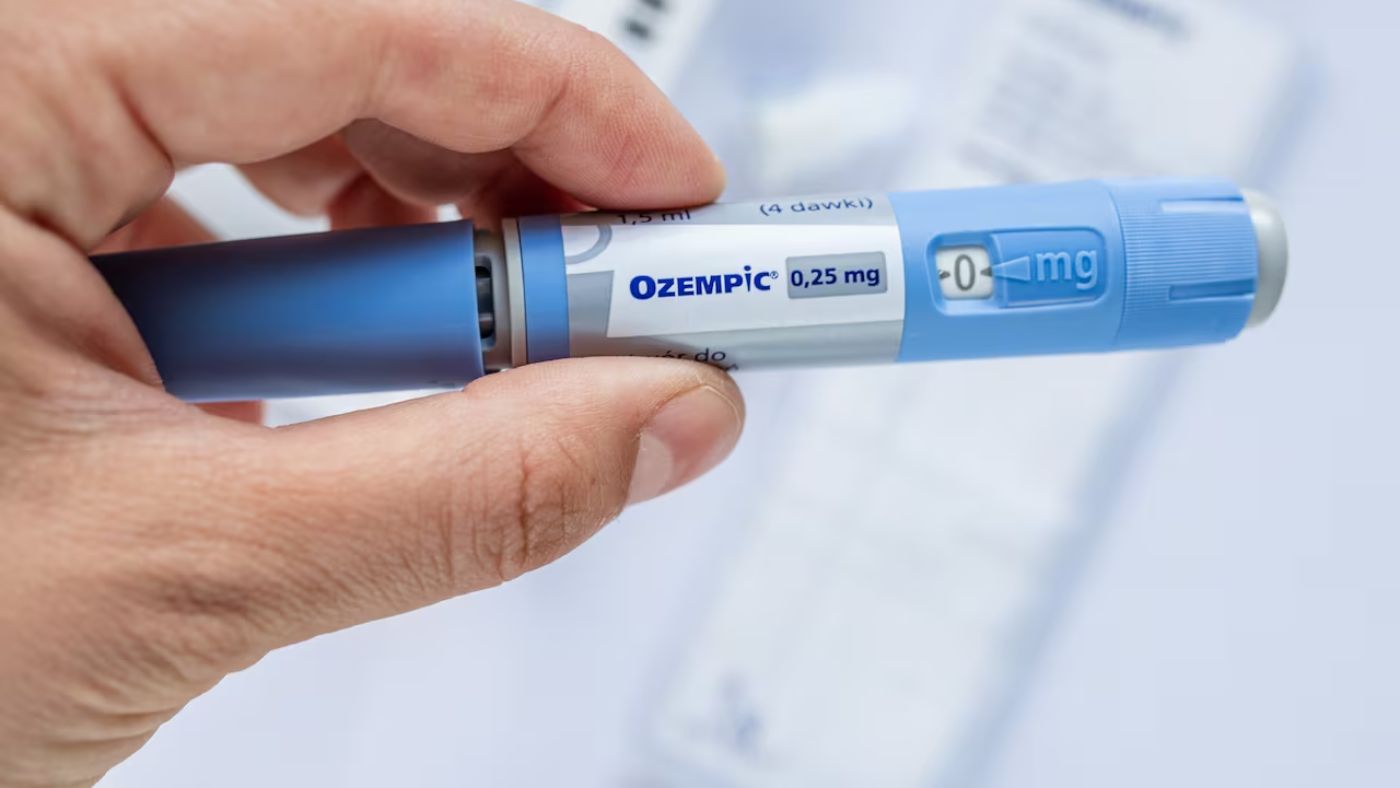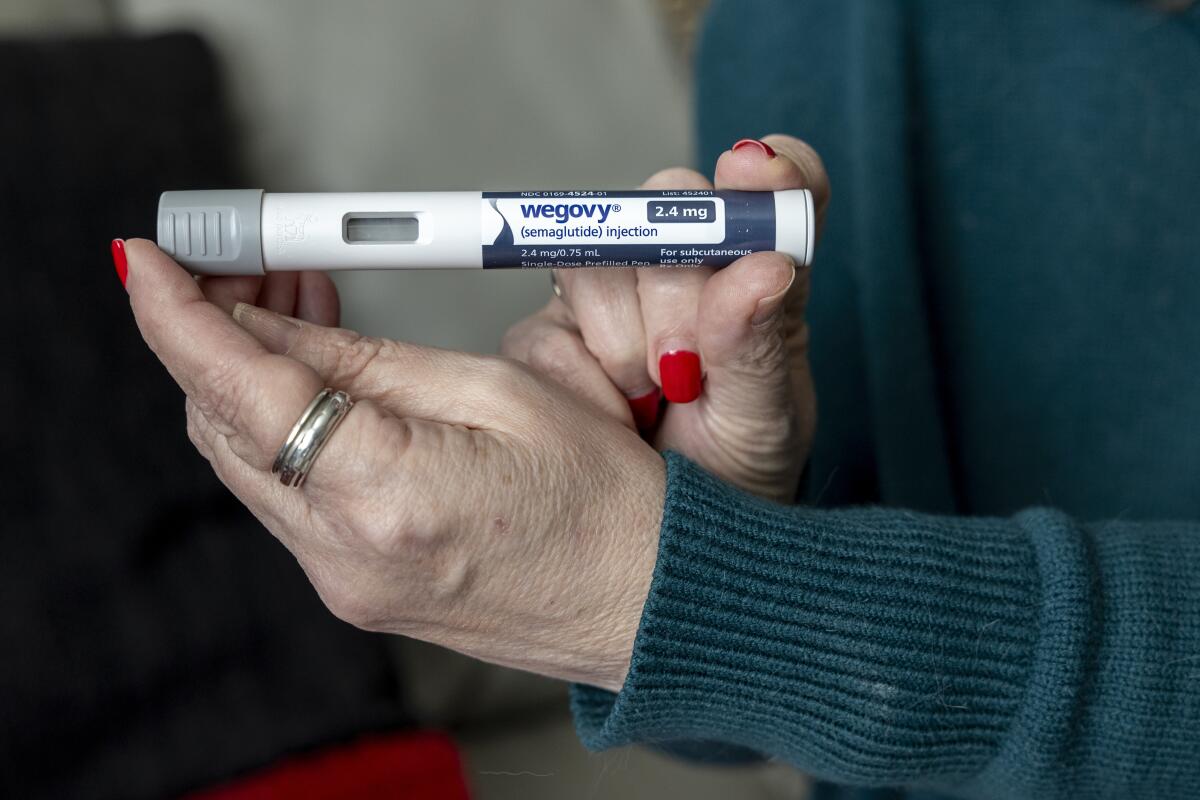NHS England’s medical director has expressed concern over reports that people are using weight-loss drugs as a “quick fix” to shed a few pounds and achieve a “beach-body ready” look this summer.
Professor Stephen Powis has highlighted the potential dangers of the side effects associated with these drugs and stressed the necessity of using them under medical supervision.
Interest in Wegovy, a drug for treating obesity, has surged following studies suggesting that users could lose more than 10% of their body weight.
This has led to drug treatments being recognized as an important tool in addressing obesity.
Wegovy, an injection designed for weight loss, is available on the NHS in England for individuals at the upper end of the obesity spectrum through specialist weight management clinics.
It contains semaglutide, a compound that helps people feel full and reduces appetite.
Another anti-obesity drug, Mounjaro, may soon be recommended for NHS use.
Semaglutide is also found in Ozempic, a medication for type 2 diabetes. Although it is not approved for weight loss in obese individuals, there is significant demand for the drug, which has created shortages for diabetes patients.
Many online pharmacies are selling semaglutide injections for between £100 and £200, but they often do not verify the buyer’s weight or underlying health conditions.
A recent investigation revealed an online black market for semaglutide without prescriptions, raising concerns among doctors about the potential health risks.
The investigation also uncovered that the drug was being offered in beauty salons in London and Manchester.
In his speech at the NHS Confederation conference on Thursday, Professor Stephen Powis, NHS England’s national medical director, acknowledged the clinical benefits of these drugs but expressed alarm over their “inappropriate use.”

“These are powerful medications with side effects and complications that can, in some cases, be dangerous,” Powis stated.
“They need to be used under medical supervision and are absolutely not quick fixes for those who are otherwise healthy and just want to lose a few pounds.”
He further noted, “We know these new drugs will be a powerful part of our arsenal in dealing with obesity – but they should not be abused.
Drugs like Ozempic and Wegovy should only be used by individuals for whom they have been prescribed for obesity or diabetes. I am concerned about reports of misuse – these drugs are not intended as a quick fix for those seeking a beach-body ready look.”
The medications can cause side effects such as nausea, bloating, and vomiting, with some individuals experiencing more severe complications.
Dr. Vicky Price, an acute physician and president-elect of the Society for Acute Medicine, pointed out that these complications could include “serious, life-threatening issues, such as inflammation of the pancreas and changes in blood salt levels.”
Dr. Price and her colleagues are worried about the increasing number of patients presenting with complications from weight-loss drugs purchased online.
The Royal College of GPs has described it as “highly concerning” that patients are using semaglutide under the brand name Ozempic for off-label purposes and without clinical supervision.
“It can genuinely threaten patient safety and potentially contribute to supply shortages for those who could truly benefit from these medications,” said Professor Kamila Hawthorne, chair of the Royal College of GPs.
“We urge patients to exercise caution when accessing medication online and to use only outlets that adhere to GMC (General Medical Council) remote prescribing guidelines and are approved by the CQC (Care Quality Commission).”
Professor Hawthorne emphasized that using prescription medication without a prescription is not recommended: “In many cases, people may not be receiving what they believe they are, which is extremely dangerous.”
